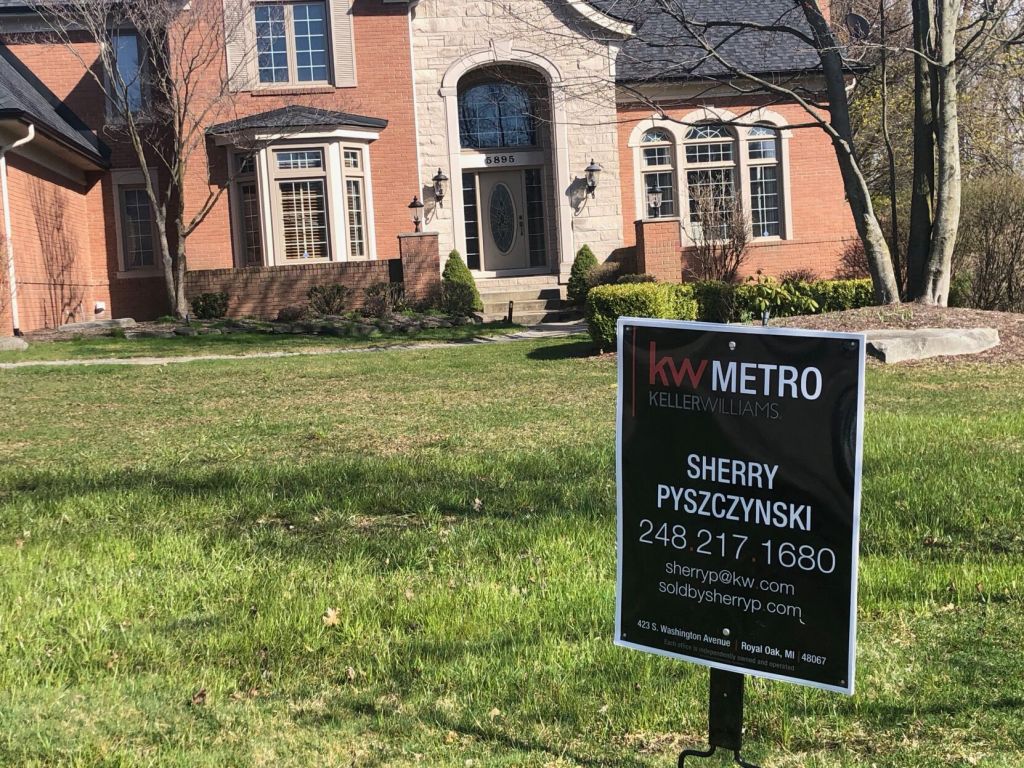P
rivate equity firms have become a driving force in the life cycle of private companies, leveraging their expertise to streamline operations and unlock hidden value. By focusing on core competencies and eliminating redundancies, they've achieved remarkable turnarounds in businesses like Dunkin' Brands and Hilton Worldwide. Their strategic approach also involves capital allocation, targeting struggling or undervalued firms and injecting financial and managerial expertise to enhance productivity and profitability.
Private equity's interest is often drawn to industries with strong cash flow potential, such as healthcare, technology, and consumer goods, where consolidation can lead to enhanced commercial prospects. Cyclical sectors like energy and manufacturing also attract PE investment during economic downturns, when valuations are lower and the potential for substantial growth increases. More recently, businesses providing essential goods or services have become appealing due to their resilience in times of economic uncertainty.
The residential real estate sector has emerged as a prime focus for private equity firms, driven by soaring demand, constrained supply, and strong rental income potential. Historically low interest rates have accelerated investment in housing, making borrowing cheap and attractive to PE firms. Smaller landlords and property management companies have struggled with growing regulatory complexities, making them appealing acquisition targets for well-capitalized PE firms.
Regulatory dynamics have inadvertently facilitated private equity's expansion into residential markets by increasing operational complexities that individual landlords and small-scale property management companies struggle to manage. Compliance with housing codes, rent control laws, environmental regulations, and zoning requirements has become increasingly burdensome, leading to financial strain and falling returns for smaller operators. PE firms, with their management expertise, legal resources, and access to capital, are well-positioned to acquire these businesses, streamline operations, and achieve cost savings.
Temporary regulatory shifts associated with pandemic policies have created a new crop of distressed assets and undervalued opportunities for PE firms to acquire and operationalize. Federal programs like the Opportunity Zones Initiative provide lucrative tax benefits for investment in distressed areas, attracting private capital into select residential markets. Similarly, foreclosure moratoriums and government-backed loan forgiveness programs have led to undervalued and distressed properties ripe for acquisition.
The growing role of private equity in residential real estate has sparked concerns about rising rents, but market realities and regulatory dynamics play a significant role in limiting rent hikes. Market competition, tenant retention costs, and economic factors like local employment rates and prevailing wages constrain excessive rent increases. Government regulations also limit rent increases through measures like rent control and rent stabilization laws.
The debate over private equity's role in residential real estate is a reflection of deeper systemic issues, including inflationary pressures driven by Federal Reserve policies and expansive government spending. Decades of short-sighted regulations aimed at affordability have backfired, creating market distortions that PE firms are responding to. Policymakers should address the root causes of supply constraints and economic distortions rather than vilifying investors responding to simple incentives.
Private equity is not inherently exploitative; it's a response to increasing opportunities created by macroeconomic mismanagement. The uptick in misallocations parallels the growing page count of the Federal Register. Private equity investment offers a sustainable long-term path to making homeownership a reality, unlike politicians and activists who pursue ideological pressures or vote-harvesting schemes. A balanced approach that considers both private capital investment and regulatory consequences will ensure an affordable, sustainable housing market for the future.













